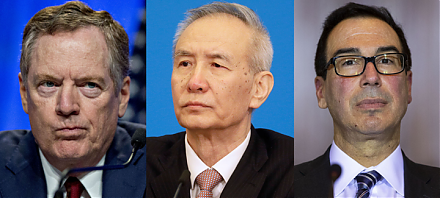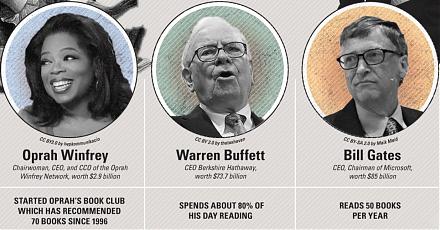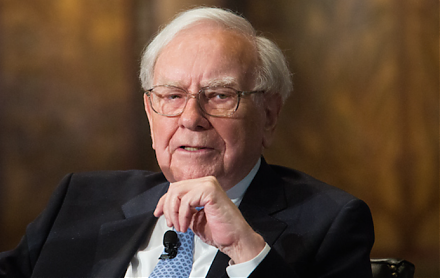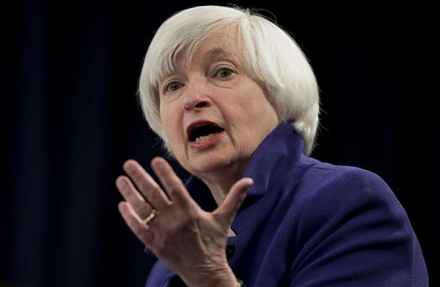

2017-11-27 07:39:00 Mon ET
stock market gold oil stock return s&p 500 asset market stabilization asset price fluctuations stocks bonds currencies commodities funds term spreads credit spreads fair value spreads asset investments
Is it anti-competitive and illegal for passive indexers and mutual funds to place large stock bets in specific industries with high market concentration? Harvard law professor Einer Elhauge suggests that it is illegal for a passive institutional investor to buy-and-hold large equity stakes in a less competitive industry with high concentration, such as the U.S. airlines industry with 4 or fewer key players. In contrast, passive indexers would be safe from antitrust concerns if most other institutional investors stop buying multiple public companies in a specific sector with high market concentration.
The basic rationale relates to the fact that if institutional investors such as index funds and mutual funds hold shares of multiple companies in a specific industry, these oligopolistic firms would tend to compete less vigorously with one another. When senior executives make business decisions in the best interests of their institutional investors, this logic suggests less fierce product market competition and greater price discrimination for consumers in addition to the private benefits of portfolio diversification. The net result would be more stable share prices and more favorable rents and returns to these passive indexers and mutual funds.
Although key critics may disagree with this novel thesis, it is quite controversial to judge whether it is legal for institutional investors to retain major equity stakes in oligopolistic firms in a given industry with high market concentration.
If any of our AYA Analytica financial health memos (FHM), blog posts, ebooks, newsletters, and notifications etc, or any other form of online content curation, involves potential copyright concerns, please feel free to contact us at service@ayafintech.network so that we can remove relevant content in response to any such request within a reasonable time frame.
2019-02-15 11:33:00 Friday ET

President Trump is open to extending the March 2019 deadline for raising tariffs on Chinese imports if both sides are close to mutual agreement. These bilat
2024-02-04 08:28:00 Sunday ET

Our proprietary alpha investment model outperforms most stock market indexes from 2017 to 2024. Our proprietary alpha investment model outperforms the ma
2022-10-25 11:31:00 Tuesday ET

Corporate investment insights from mergers and acquisitions Relative market misvaluation between the bidder and target firms drives most waves of mergers
2017-07-07 10:33:00 Friday ET

Warren Buffett invests in American stocks across numerous industries such as energy, air transport, finance, technology, retail provision, and so forth.
2025-09-28 10:10:51 Sunday ET

Stock Synopsis: With a new Python program, we use, adapt, apply, and leverage each of the mainstream Gemini Gen AI models to conduct this comprehensive fund
2018-11-05 10:40:00 Monday ET

Former Fed Chair Janet Yellen worries about U.S. government debt accumulation, expects new interest rate increases, and warns of the next economic recession